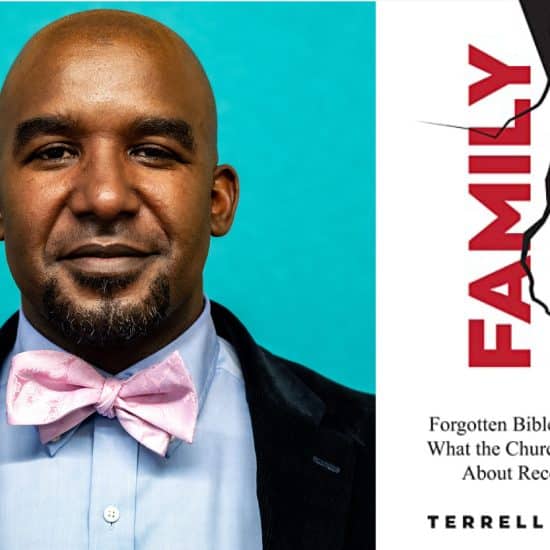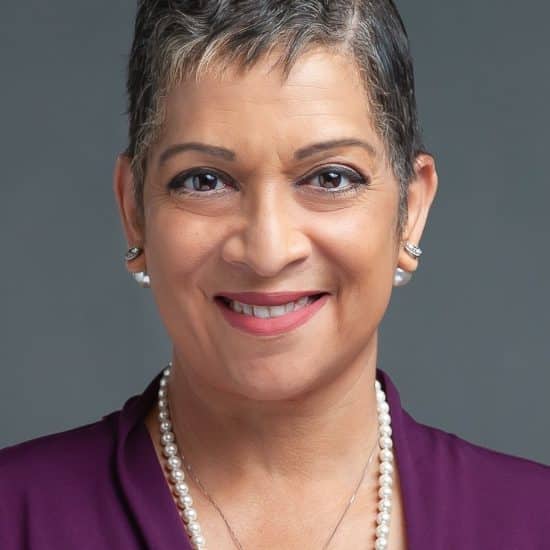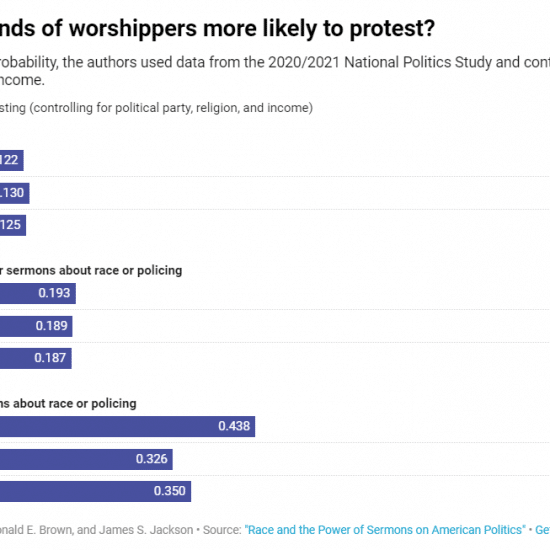WASHINGTON (ABP)—People with disabilities don’t want churches that just “welcome” them, but rather congregations that value them and include them in living a “full life of faith,” a long-time advocate for special-needs ministry said.
“Valued is being seen as someone who brings gifts and talents, being seen as a contributor,” said Ginny Thornburgh, director of an interfaith initiative for the American Association of People with Disabilities.
“I think we have to do that quite intentionally, to make sure welcome isn’t just a quick hello to someone or a pat on the head.”
Thornburgh urged churches to become places of acceptance, offering the gift of “sacred friendship,” a commitment that “I will journey with you through thick and thin” and “I will be your voice when your voice is hard to find.”
That doesn’t begin with knowing all the answers, she said. “When the new baby comes home, the baby that the church hadn’t expected—the congregation had watched the mom and dad during their nine months of pregnancy and when the baby is born not as the couple had hoped, but another wonderful baby is born—what do we say to that family? What does the pastor say to that family?
“We say, ‘I don’t know much about Spina Bifida,’“ she answered. “‘I don’t know about Down Syndrome. I don’t know much about the circumstance of your child’s disability. But what I do know about is God’s abiding love and that this congregation will journey with you and journey with your child as your child grows and learns.’ That’s the sacred gift of friendship.”
As of the 2000 census, 54 million Americans had a legally defined disability, about one in five. Thornburgh explained that means one-fifth of the members of any given church ought to be from that population.
“The goal of our work—to allow 54 million Americans to worship as they choose—is to transform our congregations, or let’s say today to transform our church, into a place of love and acceptance,” she said.
That begins when people with disabilities sense two things, she insisted—they can feel safe revealing their disability and feel comfortable asking for assistance for themselves or a family member.
From there, she urges churches to ask, “What is a full life of faith?” in that congregation and to seek ways to include more people in experiences of worship, study, service and leadership.
“We are called to be servants, and service is the highest possible joy,” she said. “So often, persons with disabilities have only been the receivers of service. They haven’t had that opportunity to do for others. We need to be creative in thinking out of the box. How can any project, how can any missionary activity, how can all church activities involve all people?”
“Is the choir accessible to someone with a chair?” she asked. “Is the man who is blind given the chance to read Scripture with his Braille Bible? Is the young man with depression given the opportunity to speak at the adult education class about his journey with depression?”
“Those of us with disabilities, young and old, have leadership abilities, and it’s up to us to create opportunities for them to be used,” she said. “We all long to be loved by God. That is the deepest longing that we have. And we long to be loved by the people of God. Our churches—your church and my church—can demonstrate that love, and it can become a place called acceptance.”






